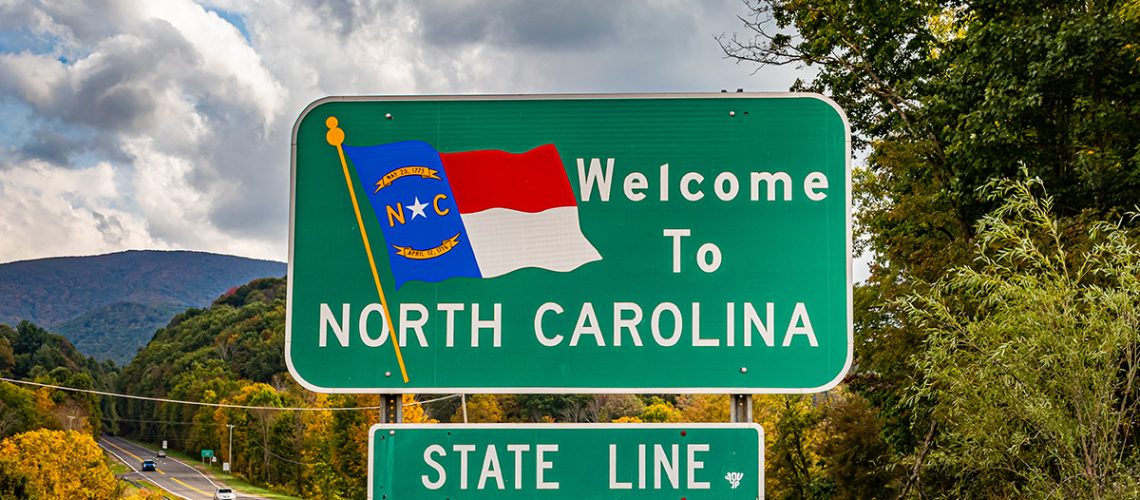North Carolina has become the latest state to try to erase medical debt, but this time they are using the joint North Carolina Department of Health and Human Services (NCDHHS) and federal Medicaid program as an incentive to remove even more debt from the hospital’s books.
A plan between North Carolina hospitals and Undue Medical Debt (formerly RIP Medical Debt) to eliminate medical debt for qualified patients has approval from the U.S. Center for Medicare and Medicaid Services based on a news release from North Carolina Governor Roy Cooper, which also said the plan would prevent new debt going forward.
NCDHHS could relieve $4 billion in existing medical debt for North Carolina residents, if hospitals choose to participate in the program. Hospitals that choose to participate in the program will receive a higher level of NCDHHS Medicaid reimbursement as part of the Healthcare Access and Stabilization Program (HASP).
Below are the policies that hospitals, who choose to participate, must follow as a condition of eligibility for HASP payments, including:
- “Relieve all medical debt deemed uncollectible dating back to Jan. 1, 2014, for any individuals not enrolled in Medicaid with incomes at or below at least 350% of the federal poverty level (FPL) or for whom total debt exceeds 5% of annual income.
- Relieve all unpaid medical debt dating back to Jan. 1, 2014, for individuals who are enrolled in Medicaid.
- Provide discounts on medical bills of between 50-100% for patients with incomes at or below 300% FPL, with the amount of the discount varying based on the patient’s income.
- Automatically enroll people into financial assistance, known as charity care, by implementing a policy for presumptively determining individuals eligible for financial assistance through a streamlined screening and income validation approach.
- Not sell any medical debt for consumers with incomes at or below 300% FPL to debt collectors.
- Not report a patient’s debt covered by these policies to a credit reporting agency.”
Patients who are not enrolled in NCDHHS Medicaid but have incomes less than or equal to 350% of the FPL (currently $90,370 for a family of three) may also be eligible for medical debt relief under the program.
If a patient is at a hospital that decides to participate in NCDHHS Medicaid, the patient will automatically benefit from the medical debt relief and will not need to take any action to sign up.
According to the press release, the goal is for eligible NCDHHS Medicaid patients to start seeing a change in status for the existing medical debt over the next two years.
Ridiculously Nice Legal Disclaimer
The content provided in this communication (“Content”) is presented for educational and general reference purposes only. Americollect, Inc and/or AmeriEBO LLC either directly or indirectly through speakers, independent contractors, or employees (collectively referred to as “Americollect”) is providing this Content as a courtesy to be used for informational purposes only. The Contents are not intended to serve as legal or other advice. Americollect does not represent or warrant that the Content is accurate, complete, or current for any specific or particular purpose or application. This information is not intended to be a full and exhaustive explanation of the law in any area, nor should it be used to replace the advice of your own legal counsel. By using the Content in any way, whether or not authorized, the user assumes all risk and hereby releases Americollect from any liability associated with the Content.

